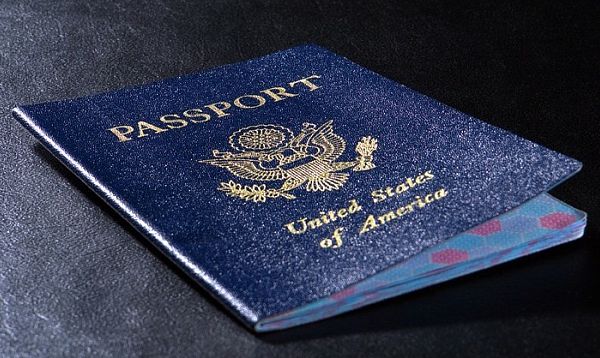Time to dump your American passport — and with it, presumably, your bothersome tax bill.
The reason, international tax lawyers say, may have less to do with offshore tax evasion and more with a new generation of sophisticated — and legal — tax planning.
This year will enter the record books with the highest number of expatriations ever by US citizens, according to new government figures released last month.
Some 560 Americans joined the exodus in the third quarter of this year, putting the total number so far this year at 2,369, according to Treasury Department data published by the Federal Register. That is already 33 percent more than the 1,781 who left in all of 2011, the previous record.
While the number of people who gave up their little blue books in the first half of this year had already edged out the 2011 record, the recent figures firmly cement the trend.
Ditching a passport can save an American lots of money in taxes. The reason: The US, along with Eritrea, is one of only two countries in the world to tax its citizens on their worldwide income, regardless of where they live or work.
If you reside in, say, Geneva, Switzerland, you still owe the US tax man money on income you earn there.
The expatriation trend has grown by leaps and bounds in recent years amid a widening US crackdown on offshore tax evasion through Swiss and Swiss-style banks. Even the US Embassy in Bern has a "renunciations" tab on its website.
Many of those who dump their passports have dual citizenships in other countries, such as Switzerland or Canada, immigration lawyers say. But increasingly, an onerous new US Treasury rule known as "Fatca" is prompting smaller and mid-sized foreign banks in countries where Americans live and work to dump their American clients.
The rule, which goes into effect in July 2014, requires foreign banks to identify and scrutinize Americans with accounts containing at least $50,000. and either report those accounts to US tax authorities or withhold 30 percent of dividends, interest, and other payments. and send that money to the US Treasury. The law, widely hated by Americans living and working abroad, has made it tough to do simple financial things abroad.
"Local banks don’t like dealing with Americans, so it makes it harder for Americans abroad to live normal lives," said Phil Hodgen, an international tax lawyer in Pasadena, California. Marylouise Serrato, the executive director of American Citizens Abroad, a Geneva-based lobby for expats, said recently in an email that “individuals with legitimate need of banking services will be locked out" of many foreign countries."
One new trend has emerged: US passport renunciations by dual nationals who build family businesses in other countries that do not have estate taxes.
"Americans are realizing that their businesses are likely to be torn apart by the US estate tax even if that business never touched the US," Hodgen said, citing as an example a dual citizen who owns a construction company in Saudi Arabia. An owner who wants to pass his company on to his heirs will also sock them with a 40 percent estate-tax bill, due to his US citizenship.
"You’re going to see tons of people waking up to this," Hodgen said
Original Story


